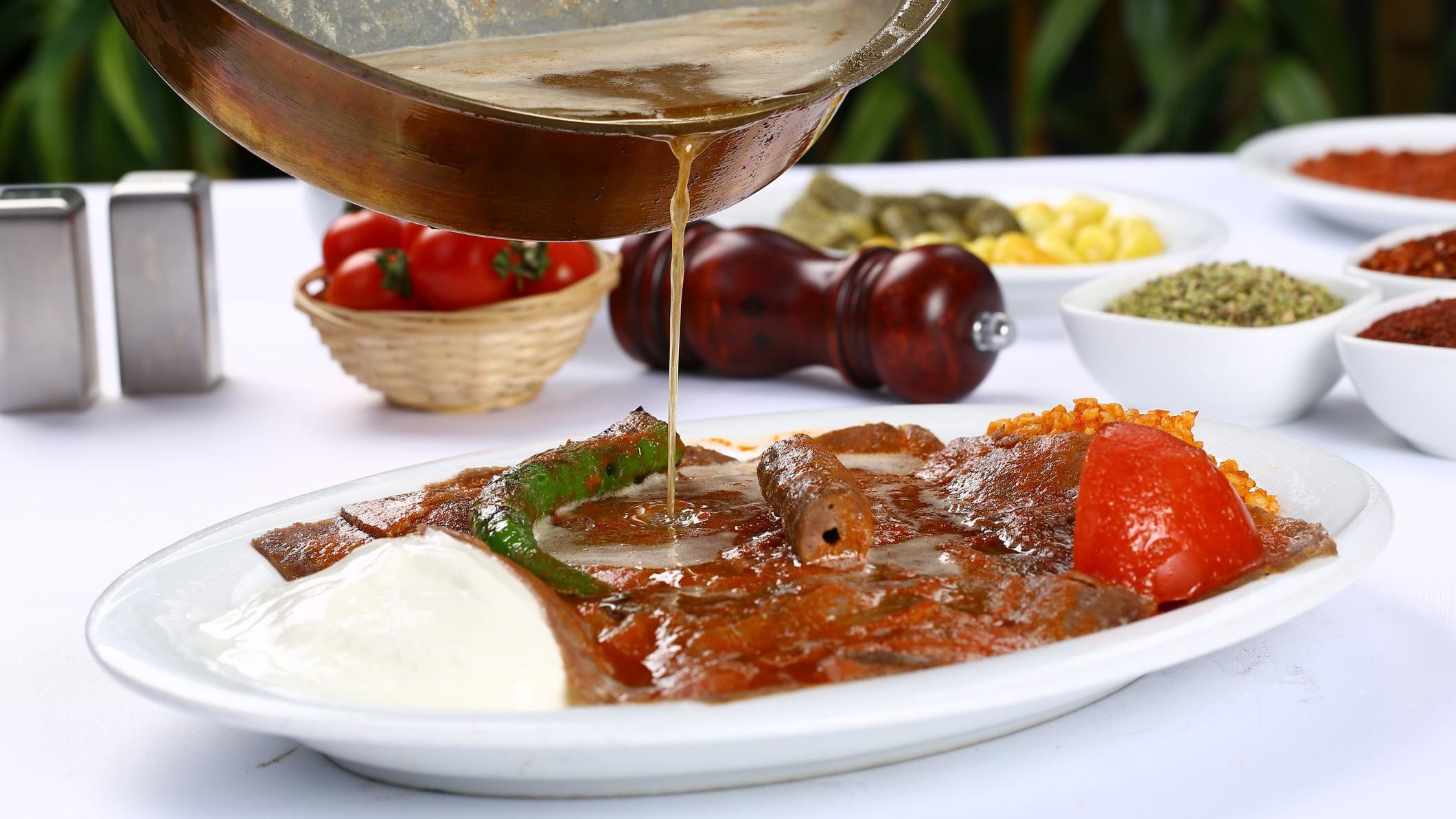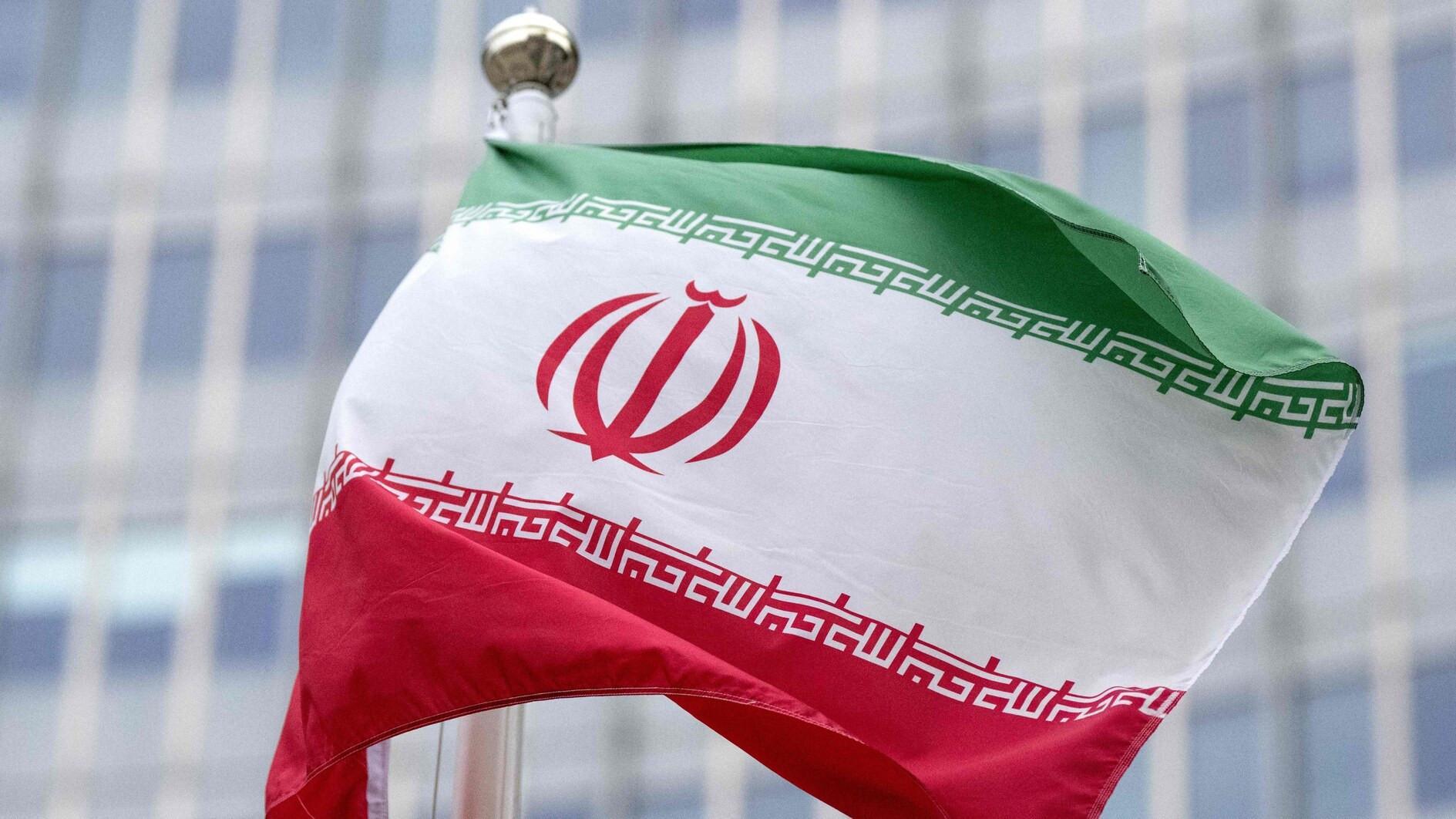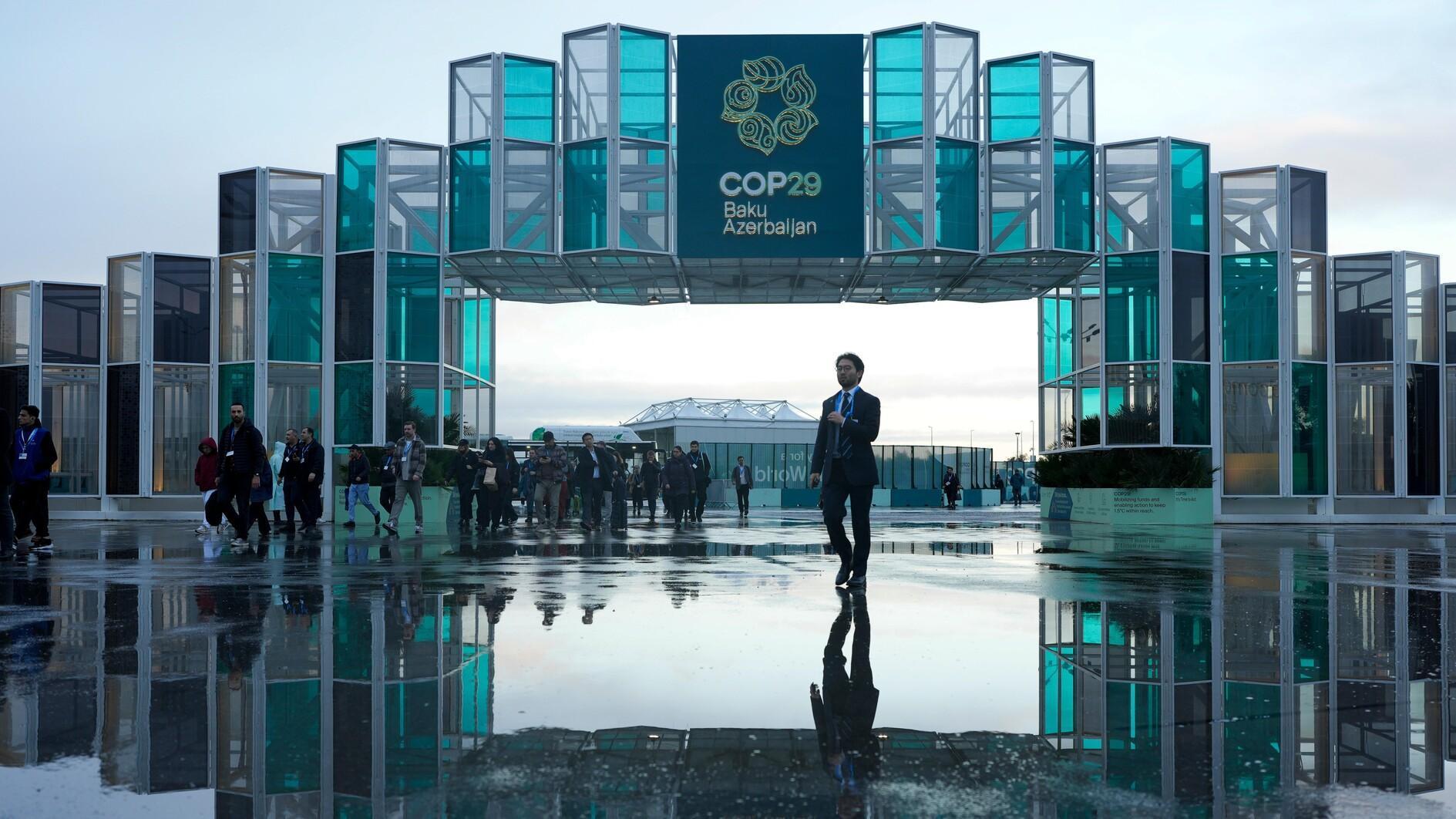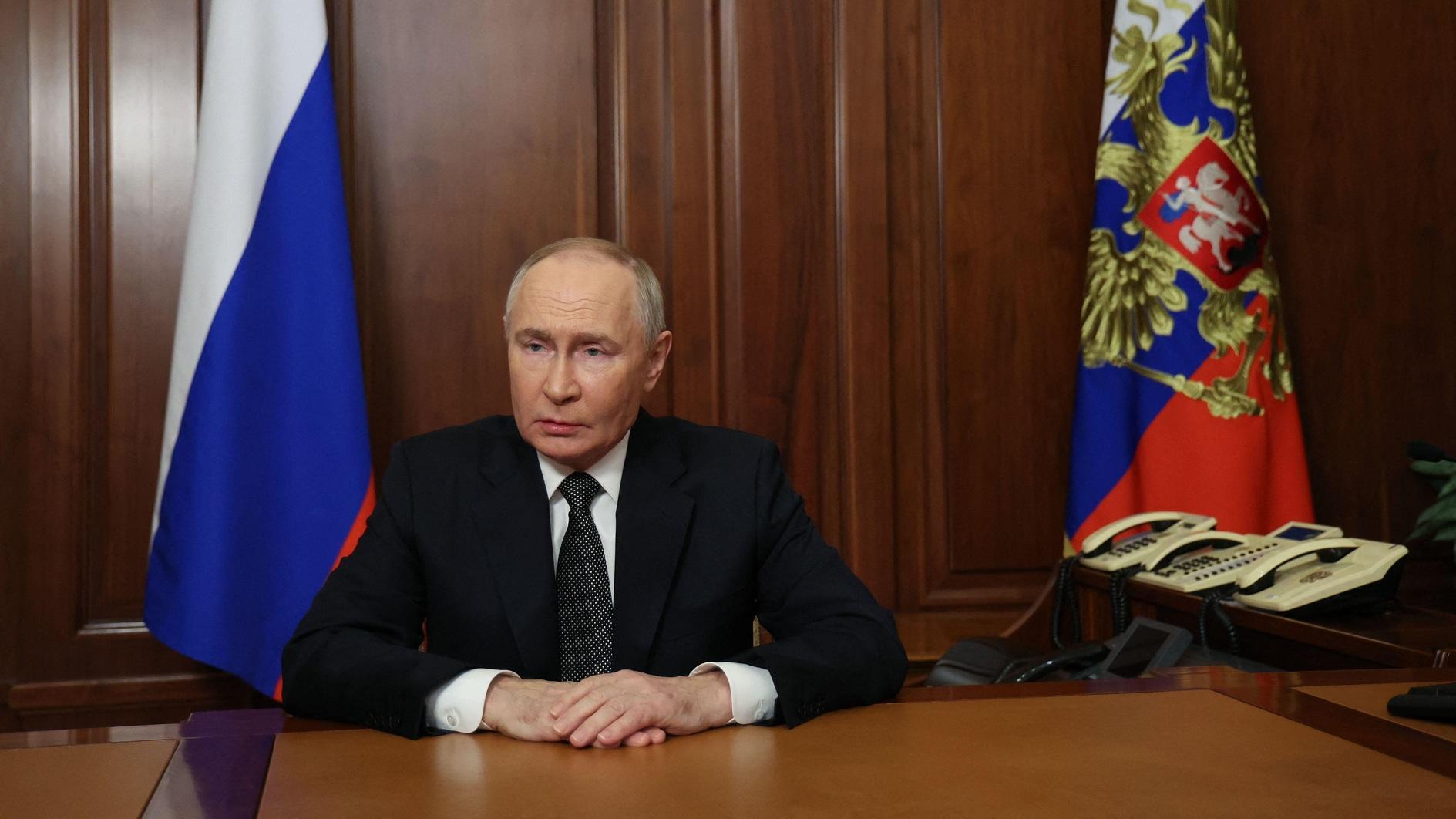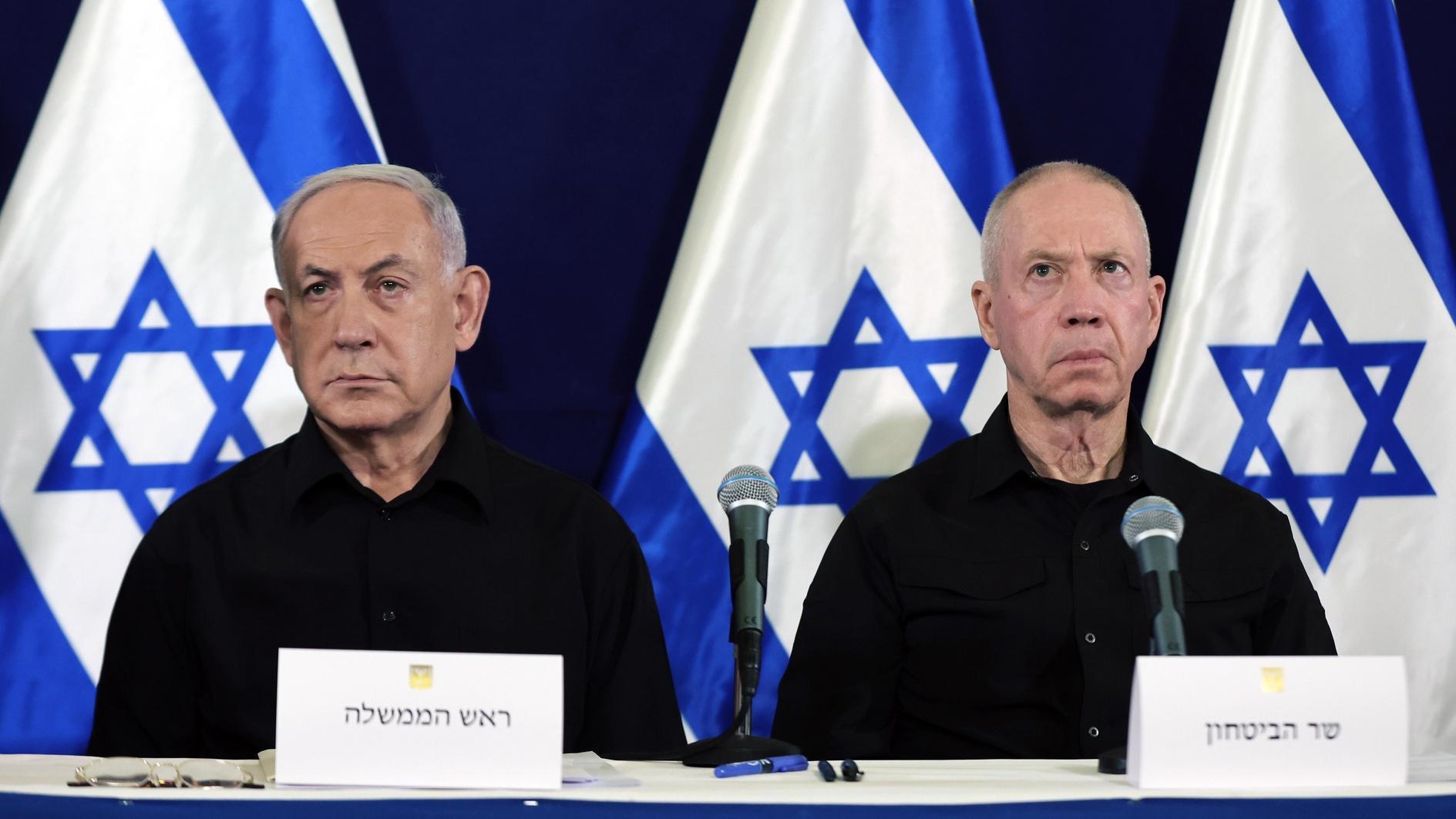How will the Middle East get its act together?
On Tuesday morning 22 people were killed and over 140 wounded in a double suicide bombing just outside the Iranian embassy in Beirut. A day later, six bombs exploded in Baghdad killing 19 people and wounding more than 66. Four of these went off in Shiite districts, while one went off in a Sunni one.
This is nothing new for Iraq of course, where the average monthly death toll of those killed is around 1,000. Experts are united in blaming the ever deepening sectarian divide in the Middle East for such attacks.
The bottom line is that all the hope that came out of the Arab Spring has been over taken by pessimism and despondency. It is clear that things are going to get worse before they get better in the Middle East. So how is this to be overcome?
Addressing the 29th ministerial meeting of the Permanent Committee of Social and Economic Cooperation (COMSEC), which operates under the umbrella of the Organization of Islamic Cooperation (OIC), Turkish President Abdullah Gül made it clear once again on Wednesday that it was up to the Islamic world to solve its own problems.
The basic message he was trying to give was that if the Islamic world cannot get its act together, then others, including radical Islamic groups, will step in. This is not the first time Gül has given this message, of course.
He has been exhorting the Islamic world to become more democratic and more respectful of human rights, in short to become the master of its own fate, based on systems of governance that are in tune with the modern world.
Despite Gül’s wise words, it is obvious that the Islamic world is either not prepared to or incapable of “getting its act together.” I incline towards the first explanation. The established regimes in the Middle East are not prepared to do what is necessary to modernize and democratize their countries.
To the contrary, they are often to blame for the turmoil. It cannot be otherwise with anti-democratic regimes whose members merely try to protect their privileged positions while the majority languishes in poverty, deprivation and dispossession.
The instability that this rivalry has caused has come to roost today, as radical Islamist groups use this situation to carry out their agendas through the kinds of attacks we have seen these past few days.
The main challenge for anyone who wants an end to such violence is to first get rid of knee-jerk reactions that amount to burying the head in the sand. For example Tehran immediately blamed Israel after Tuesday’s attack on its embassy.
Given what it going on in the region, however, it is much more likely that this attack is related to the situation in Syria. This is not to exonerate Israel, but by always blaming that country Iran shows it is not prepared to look reality in the eye.
It is not the only one doing this, of course. The simple reality of the region is that it is awash in backwardness, where a privileged groups, be they Sunni or Shiite, are prepared to go any length to protect their interests with a “devil-take-the-rest” attitude.
Even those who were democratically elected, as in the case of Mohamed Morsi and the Muslim Brotherhood, have proved that it is their own ideological world view they are interested in promoting, before taking note of the democratic rights and interests of others.
The causes of the regions problems are not in Washington, Tel Aviv, London, Paris or Moscow. Neither are the solutions. These are all in the region itself. That is what Gül is trying to say even if no one appears to be listening.
But unless the injustices and grievances which fuel the upheavals we see in the Middle East are addressed through some kind of regional master plan that is based on respect for democracy, equality, and for human rights, the region will remain in stasis and continue to be a principal source of instability for the world.



